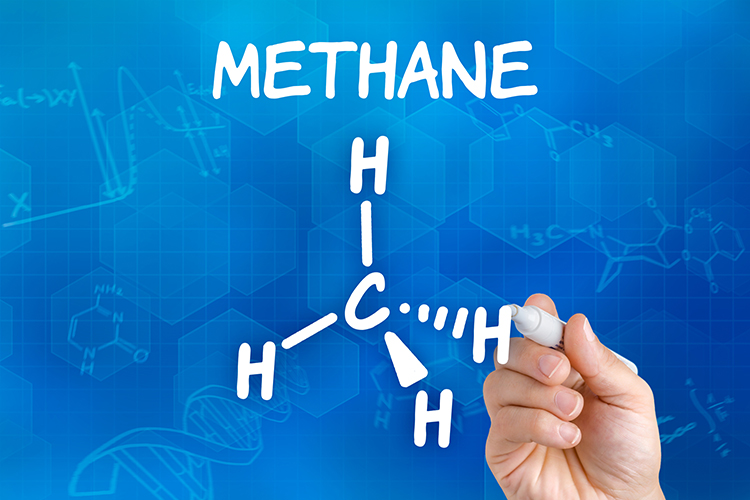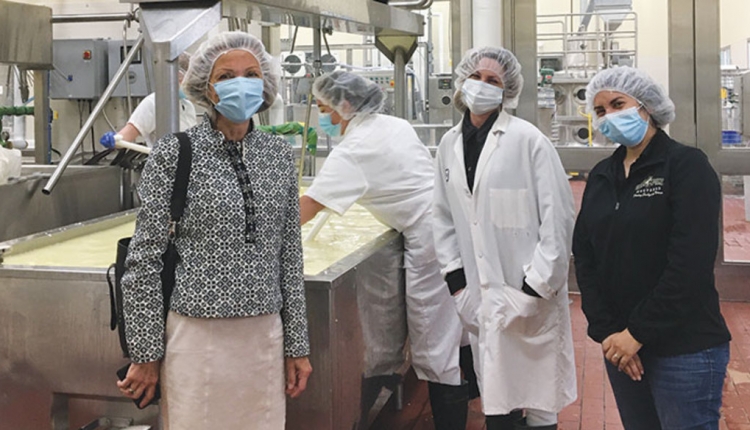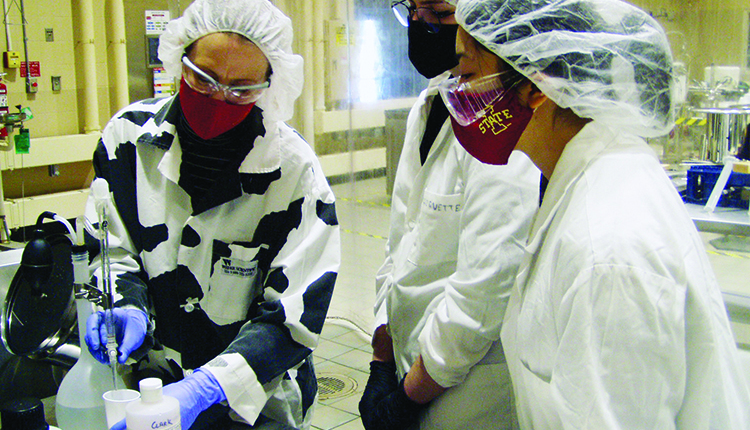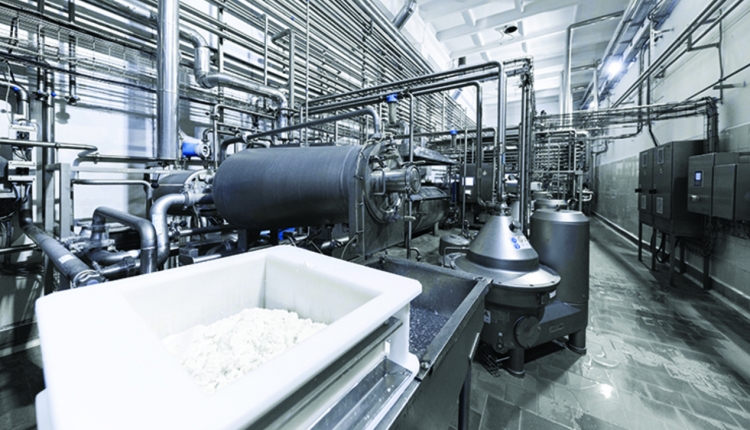
California’s game plan to reduce methane will allow their dairy farms to offset greenhouse gas emissions and achieve climate neutrality. This is important because the state has been at the epicenter of climate mitigation efforts.
UC Davis professors Frank Mitloehner and Ermias Kebreab, along with Executive Director of Dairy Cares Michael Boccadoro, made this assertion in their September 2, 2020, publication “Methane, cows, and climate change: California dairy’s pathway to climate neutrality.”
While carbon dioxide lingers in the atmosphere for hundreds of years and continues to accumulate, methane only remains about 12 years before it breaks down. Up until this point, modern scientific methods used to measure greenhouse gases have not specified how individual gases have different impacts. This, in turn, has caused people to misinterpret how much methane warms the climate when compared to carbon dioxide.
California has pledged to reduce greenhouse gas emissions to reach net zero by 2045. Greater efficiency, fewer cows and milk production, anaerobic digesters, compost-bedded pack barns, and solid separators all mean the Golden State’s dairy farmers are adding less methane than they did 12 years ago. Producing milk from a dairy cow in California generates 45% fewer emissions now than it did 50 years ago. As a result, methane is being broken down at a faster rate than is being released into the atmosphere.
Cooling effects for the climate
The authors stress that this doesn’t mean farmers should ignore methane, but that reducing methane emission rates could reverse warming the earth has already experienced.
“Put simply, a reduction in methane emissions has cooling effects,” the authors stated.
In 2019, over 213 dairy methane reduction projects had already been funded by California. They are expected to reduce more than 2.2 million metric tons of greenhouse gases. In the future, the report states, hundreds of additional California dairy methane reduction projects are anticipated.
The author and her family own and operate a sixth-generation dairy farm near St. Johns, Mich.








